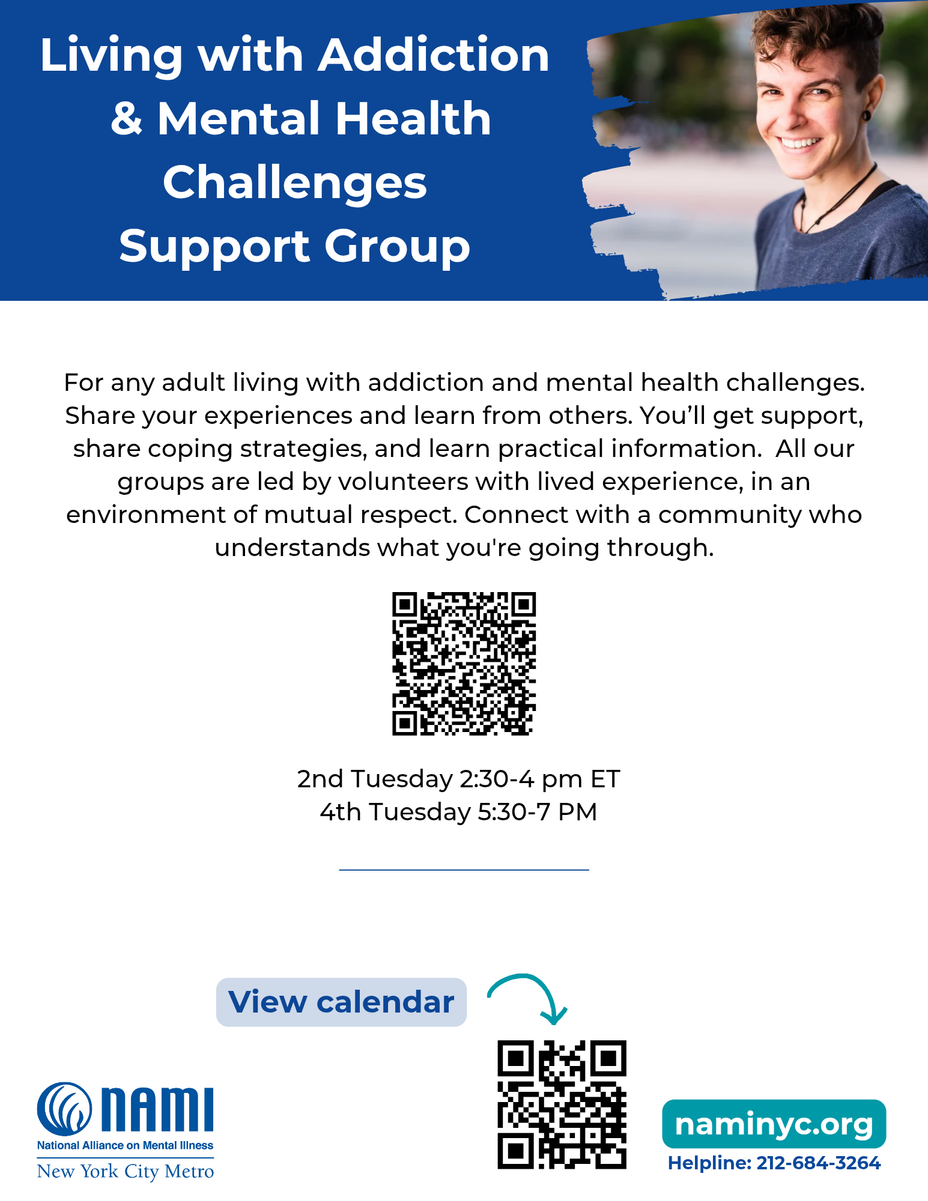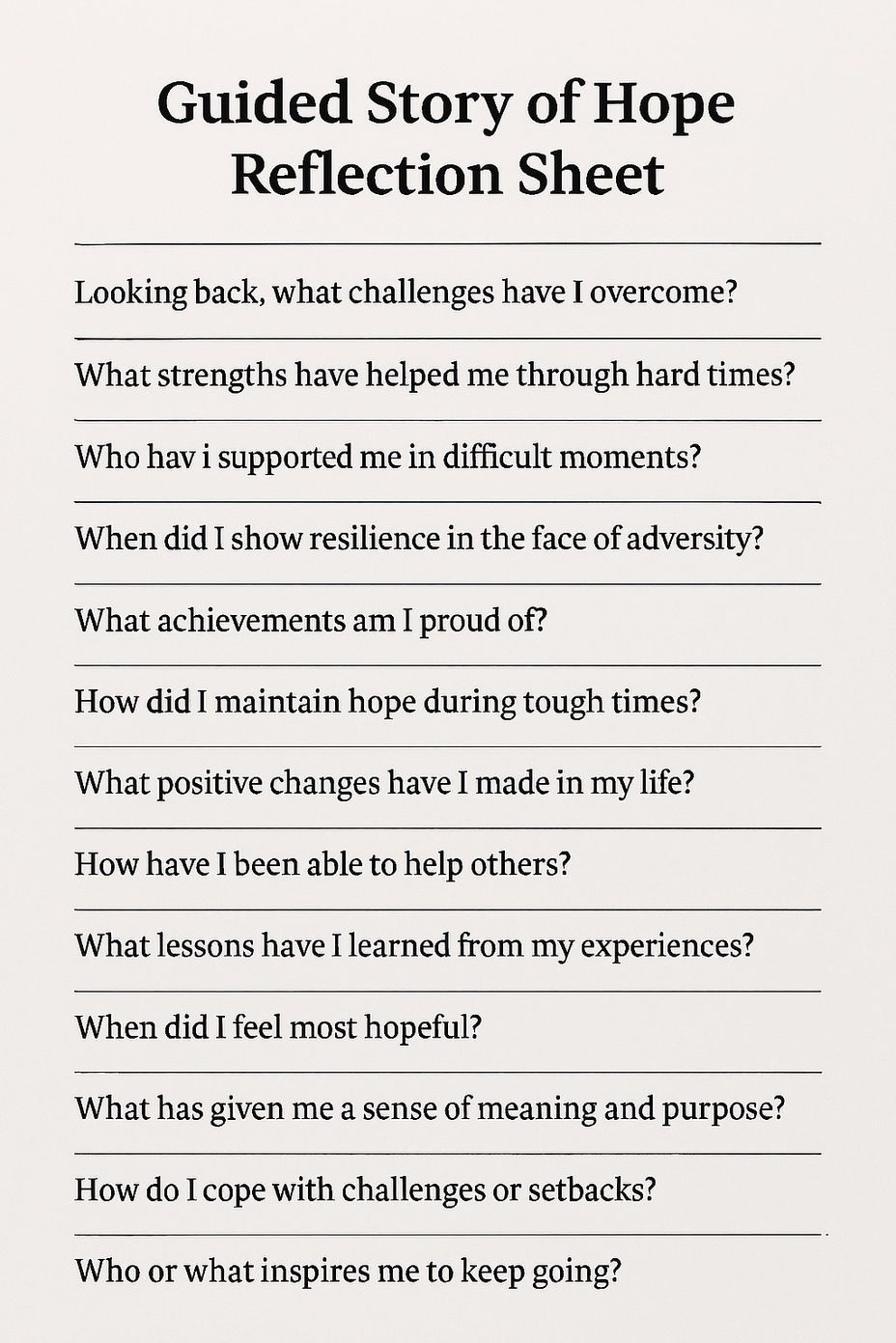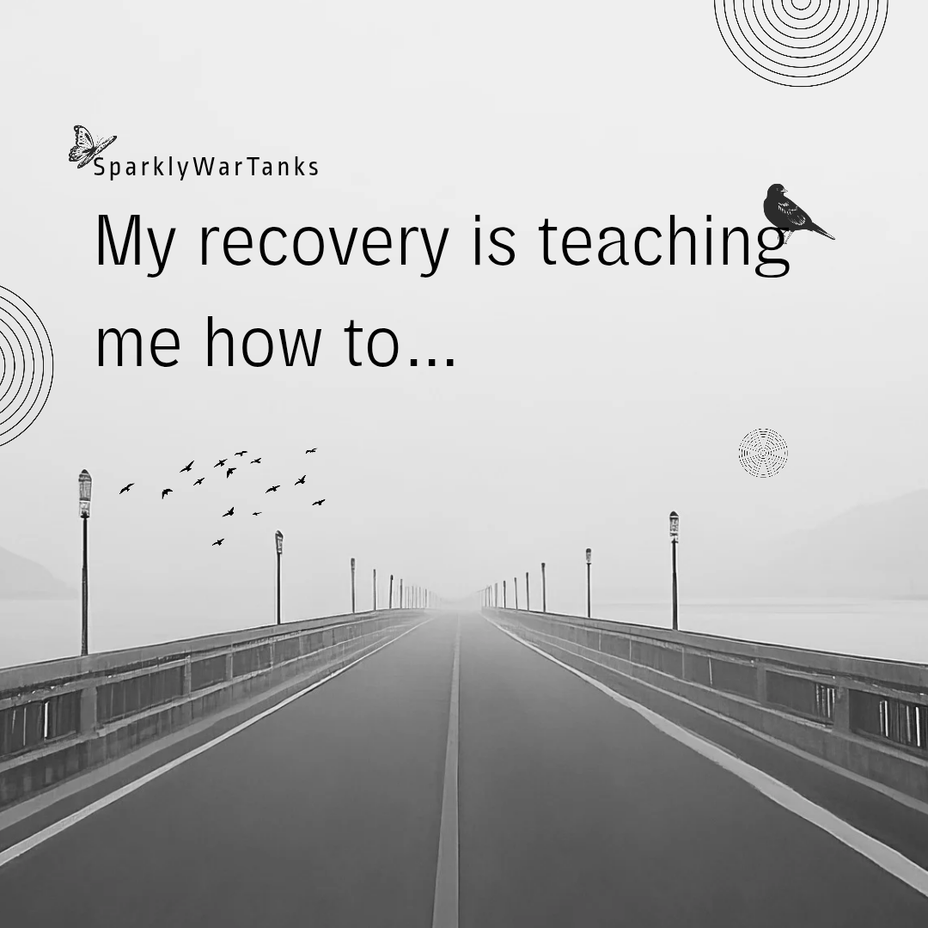I am grieving a life
and a childhood
I never had.
I am drowning,
and no one is coming to save me
but myself.
I cry for help—
help,
help,
help,
help—
until the word loses shape
and becomes a sound
my body makes
when it can’t hold anymore.
The help arrives
wearing the wrong face.
Treatment.
Medication.
Hospital beds.
Well wishes.
Sympathy food left on counters
with no one staying long enough
to watch me eat.
Sometimes we try to come up for air
thinking oxygen will save us,
when what we really need
is to finally fall apart.
Some of us have to brave the depths—
the long, dark corridors of our own souls—
to uncover what was buried,
what was repressed,
what still demands
to be felt
and released
and processed
at last.
But no one taught us how.
So we run.
We fight.
We flee.
We sleep.
We please.
We disappear our way through it.
We are told:
Shut it down.
Be strong.
Don’t cry.
Don’t try anything.
Drink.
Get drunk.
Bury it.
Go to the wake.
See the people.
Bury them.
And silently,
we all agree
on the same rule:
Never burden someone else with it.
It feels safer to do everything alone—
but it doesn’t work.
So I grieve
every time I asked for help
and no one showed up
but me.
I grieve the child
who had to hold it together
while the world fell apart.
I grieve realizing,
far too young,
that no one was coming to save me.
We didn’t choose to be strong.
We had to be.
Breaking wasn’t safe.
So we stayed intact.
Crying changed nothing.
Falling apart only led to
criminalization,
institutionalization,
violence,
guilt,
punishment,
disappointment,
pain.
We walk through life
as if everything exists
at the same impossible scale.
Overprepared.
Hypervigilant.
A backup plan
for the backup plan.
We check doors.
Messages.
Notifications.
Emotions.
People.
Everything.
We move through the world
carrying the weight of
“I’ve got this,”
while breaking quietly
under the pressure.
They call us independent.
No one sees the child inside
screaming to fall apart,
to collapse into arms
that actually catch us.
The arms of the broken
cannot catch us alone—
not until we step together.
But I can catch myself.
And maybe,
if I learn how,
I can help catch others too.
Not because I was saved—
but because I survived
long enough
to stay.
And maybe gentleness
is not the absence of grief,
but the decision
to stop demanding strength from a body
that has carried too much for too long.
Maybe rest
is learning to loosen the grip,
to let the armor come off slowly,
piece by piece,
without needing to explain the scars.
I am learning
to be the arms that catch—
not by rescuing,
not by fixing,
but by staying.
By sitting on the floor with the breaking,
by breathing when the sobs come,
by making room for the fall
without turning away.
I can hold myself now,
and in doing so,
I make space
for others to be held too.
Not because the pain is gone,
but because I have learned
how to rest inside it
without drowning.
#MightyPoets #Grief #Depression #Anxiety #SubstanceRelatedDisorders #MentalHealth #IfYouFeelHopeless #CheckInWithMe #Trauma




